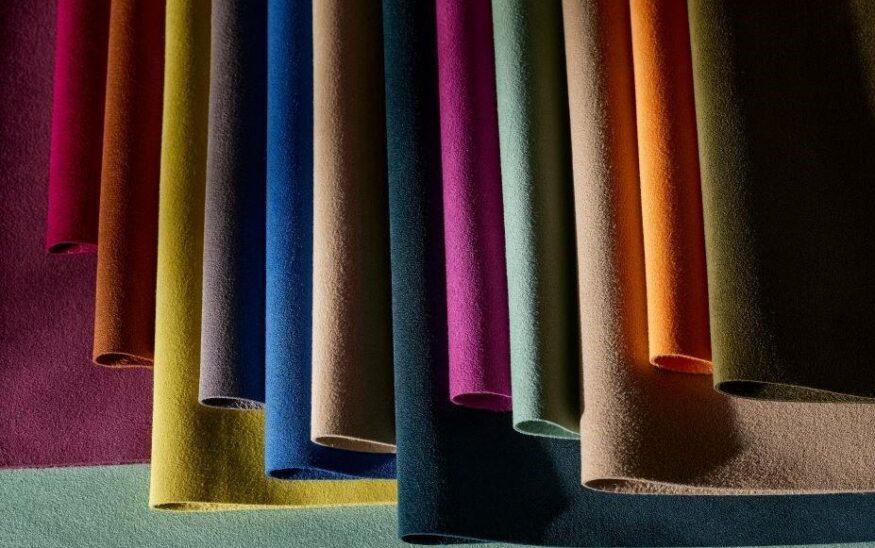Toray has increased the plant content of its Ultrasuede textiles to approximately 30% of its total composition. This shift is made possible by the addition of plant-based polyurethane. This polyurethane is made from polyols made from non-food source castor oil plants.

In 2015, Toray began to add part of plant-based polyester to the production of Ultrasuede high-performance materials, using ethylene glycol-polymerized polyester made from waste molasses in sugarcane processing, accounting for about 14% of the total material composition at that time.
Over the past seven years, innovation has resulted in the replacement of one-third of the material’s ingredients with plant-based alternatives, the company said. By continuing to invest in sustainable research and development, Toray has committed to a future of 100% plant-based textiles.
Ultrasuede’s nonwoven structure makes it inherently stain, moisture and fade resistant, the company said. Plus, Ultrasuede has no additional chemical treatments.
“Breathable and similar in structure to animal hide, this leather alternative has been shown to withstand more than 200,000 rubs in independent tests, twice the lifespan of natural leather,” the company said.
Ultrasuede is often used in residential, commercial and interior projects. This lightweight, microsuede fabric comes in 97 different shades, from neutrals to a variety of bold colors, plus two additional prints.



 微信扫一扫打赏
微信扫一扫打赏
